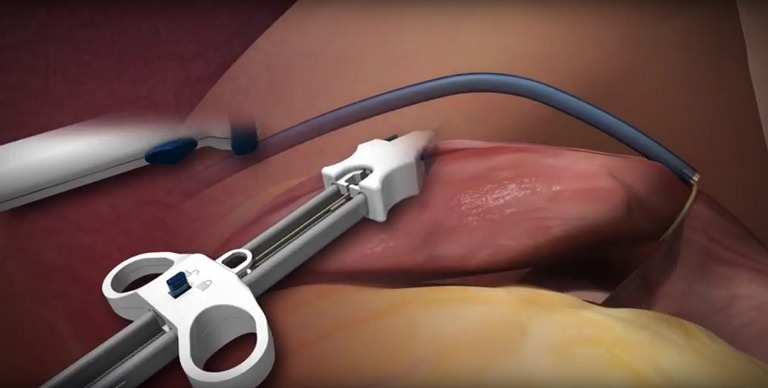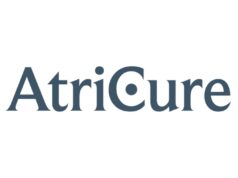
Aegis Medical Innovations has received Investigational Device Exemption approval from the US FDA to initiate a clinical trial in the US for its Sierra ligation system. Aegis developed the Sierra technology in partnership with the Mayo Clinic in Rochester, USA.
According to a press release, Sierra could—with additional clinical research—prove to prevent stroke in patients with atrial fibrillation. The Sierra procedure is designed to close off the left atrial appendage by placing a ligature around the base and cinching it down with a lock. Closing off the left atrial appendage from circulation prevents clots from leaving the appendage, eliminating a potential source of future stroke. According to the release, Sierra also has the potential to reduce, and possibly eliminate atrial fibrillation in some patients.
The clinical trial, called LASSO-AF, is an early feasibility study designed to assess the safety and procedural success of Sierra in closing off the left atrial appendage using a minimally invasive, epicardial approach. Participants will be considered for this trial if their doctors have determined that they have atrial fibrillation, are at increased risk for developing a stroke, and are not ideal candidates for taking anticoagulation drugs.
“For many AF patients, anticoagulants are used to reduce the risk of stroke. One of the downsides of these drugs is that they can result in life-threatening bleeding. Aegis has developed a minimally invasive, non-vascular left atrial appendage closure device, that is designed to protect the patient from AF-related stroke without taking blood thinners,” says cardiovascular disease specialist Vivek Reddy, Mount Sinai, New York City, USA. “In contrast to vascular treatments, this non-vascular approach does not implant a device inside the heart that might migrate or cause clots in the left atrial appendage, thus potentially improving patient safety.”
The hospital approval process has begun for the trial to take place at Mount Sinai, the Mayo Clinic, Houston Methodist Hospital, Houston, USA and Pacific Heart Institution, Santa Monica, USA. The clinical trial start date in the US is scheduled for May 2017.
“This study will confirm the safety of the Sierra device for patient use, and will lay a solid foundation for future efforts to demonstrate that Sierra can prevent stroke in atrial fibrillation patients and eliminate the need to take blood thinners for stroke prevention,” notes the lead study principal investigator, Sheldon Singh from Sunnybrook Health Sciences Centre in Toronto, Canada.








